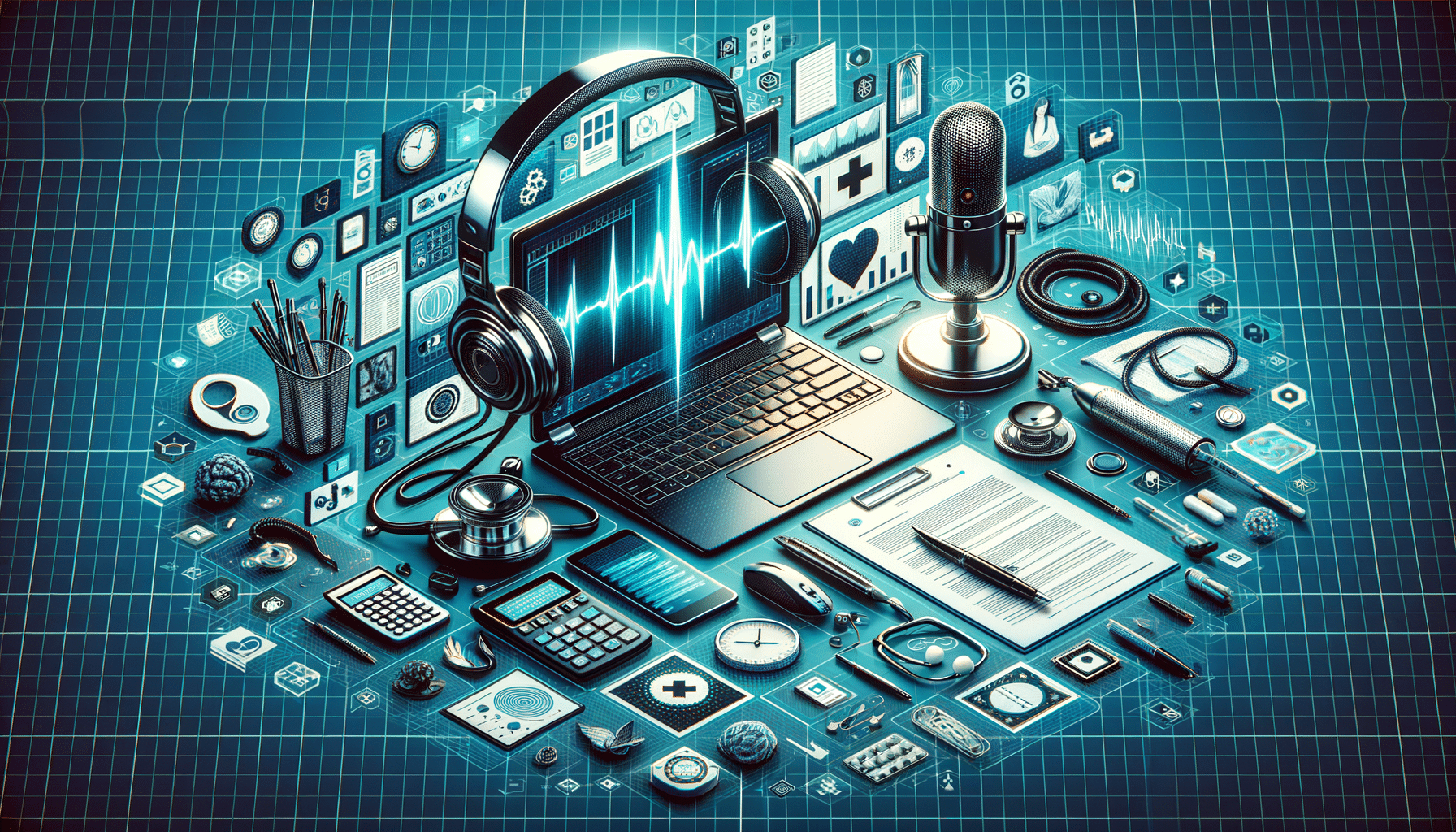
Understanding Medical Transcription Services: A Comprehensive Guide
Introduction to Medical Transcription Services
In the fast-paced world of healthcare, maintaining accurate and detailed patient records is paramount. Medical transcription services have emerged as a vital solution, converting audio recordings from healthcare professionals into written documents. This process not only aids in maintaining comprehensive patient records but also ensures that healthcare providers can focus more on patient care rather than documentation. With the increasing demand for accuracy and speed in the medical field, understanding the nuances of medical transcription services becomes essential.
The Role and Importance of Medical Transcriptionists
Medical transcriptionists are the unsung heroes in the healthcare documentation process. They listen to audio recordings made by healthcare professionals and transcribe them into written reports. This role requires a keen ear, attention to detail, and a strong understanding of medical terminology. The importance of medical transcriptionists lies in their ability to ensure that patient records are accurately documented, which is crucial for ongoing patient care and legal compliance. Furthermore, transcriptionists play a critical role in reducing the workload of healthcare providers, allowing them to dedicate more time to patient interaction and care.
Technological Advancements in Medical Transcription
With the advent of technology, medical transcription services have undergone significant transformations. Voice recognition software, for instance, has become increasingly prevalent, offering a faster alternative to manual transcription. However, while technology can enhance efficiency, the human touch remains indispensable for ensuring accuracy, especially when dealing with complex medical terminology and nuanced speech. The integration of artificial intelligence and machine learning in transcription services promises further advancements, potentially improving both speed and accuracy. Nevertheless, the role of skilled transcriptionists remains crucial in overseeing the final output and making necessary corrections.
Challenges Faced by Medical Transcription Services
Despite the advancements, medical transcription services face several challenges. One of the primary issues is the need for high accuracy in transcriptions, as errors can lead to significant consequences in patient care. Additionally, the confidentiality of patient information is a major concern, necessitating stringent security measures to protect sensitive data. The industry also grapples with the need for constant training and updating of skills to keep pace with evolving medical terminology and technology. Addressing these challenges is essential to ensuring the reliability and effectiveness of medical transcription services.
The Future of Medical Transcription Services
Looking ahead, the future of medical transcription services appears promising, with technology playing a pivotal role. Innovations such as advanced voice recognition systems and AI-driven transcription tools are set to revolutionize the industry. These technologies are expected to enhance the speed and accuracy of transcriptions, making the process more efficient. Moreover, the growing emphasis on electronic health records (EHRs) highlights the importance of transcription services in ensuring that healthcare documentation is both comprehensive and accessible. As the healthcare industry continues to evolve, medical transcription services will undoubtedly adapt, maintaining their essential role in the healthcare ecosystem.


